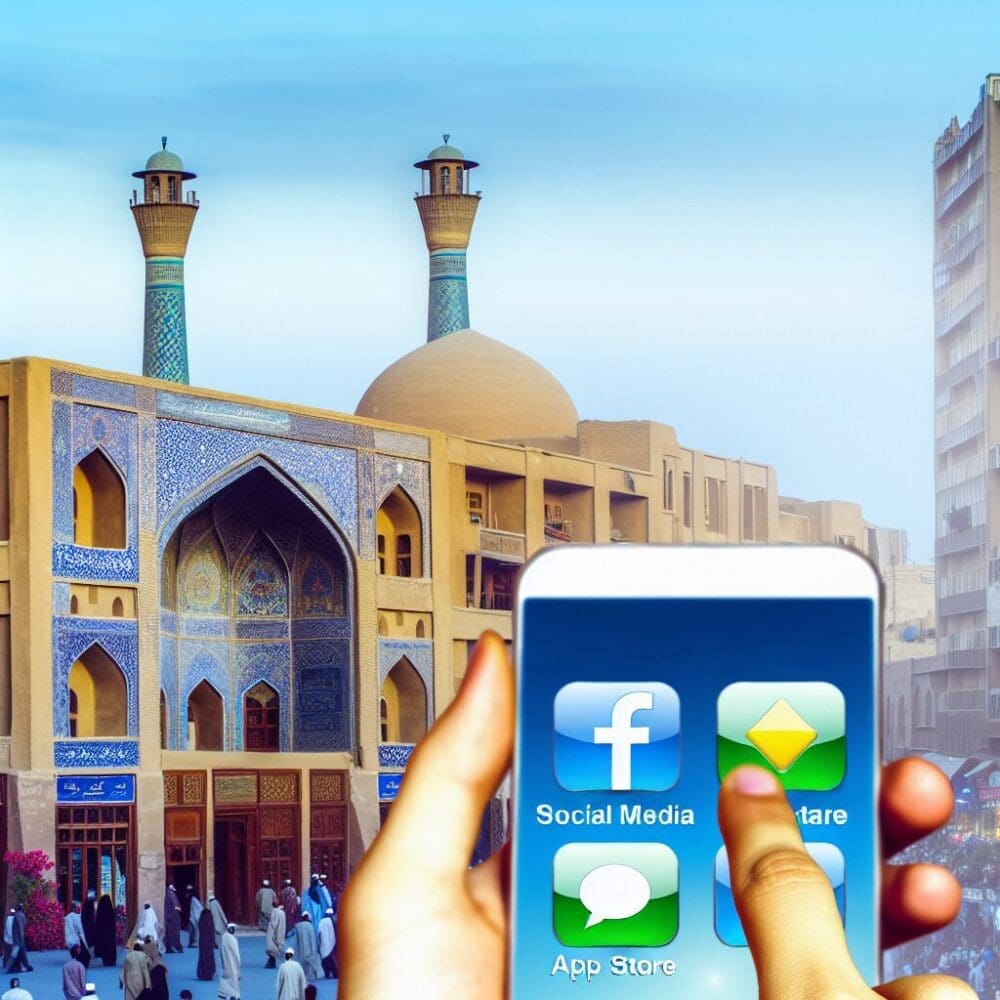“`html
Iran Restores Access to WhatsApp and Google Play Store
The digital landscape in Iran has been a subject of significant interest and concern over the past few years due to heavy restrictions on internet accessibility. The recent move by the Iranian government to restore access to WhatsApp and the Google Play Store marks a fundamental shift in policy—a change that has been welcomed by citizens and tech enthusiasts alike. This blog post delves into the implications of this decision and what it means for various stakeholders.
Background: A History of Restrictions
For years, internet freedom in Iran has faced stringent limitations. The government imposed restrictions on social media platforms and app stores, including WhatsApp and Google Play Store, citing security concerns and the need to protect national integrity. **Internet censorship** in Iran has affected millions of users, making it challenging to access global information and communication platforms.
The Impact of Internet Censorship
The effects of internet censorship are pronounced in several ways:
- **Limited Communication**: Blockages on platforms like WhatsApp hindered real-time communication with family and friends at a global scale.
- **Challenges for Businesses**: Local businesses had difficulty remaining competitive in the international market due to restricted access to essential tools and apps available on platforms like Google Play Store.
- **Restricted Information Flow**: Citizens faced limitations in accessing a wide range of information, impacting education, job opportunities, and social interactions.
What Prompted the Change?
The restoration of access to WhatsApp and the Google Play Store follows increasing calls from the Iranian public and international organizations for digital freedom and open internet access, underscoring a change in governmental perspective.
Potential Motivations
There are several speculated reasons for this policy shift:
- **Economic Considerations**: With growing digital economies, Iran could be looking to foster growth and innovation within its borders.
- **Public Demand**: Strong public dissent and demand for access to global digital platforms perhaps pressured policymakers to reconsider their stance.
- **International Relations**: Easing restrictions might be seen as a gesture to improve diplomatic relations with other nations advocating for online freedom.
Implications of Restored Access
The decision to unblock WhatsApp and the Google Play Store has several implications:
For the Public
Iranian citizens now find themselves back in the global digital conversation. **Communication** over platforms like WhatsApp can resume more freely, enhancing both personal and professional interactions.
For Businesses
The lifting of restrictions opens doors for increased entrepreneurial activity. Businesses can now leverage the Android ecosystem more effectively, with access to **Google Play Store** apps that facilitate operations, enhance productivity, and expand market reach.
Technological Advancements
Access to platforms such as Google Play Store can spur local **tech innovation**, providing developers greater opportunities to build and distribute applications. While this is a promising development, it remains to be seen how it will be handled practically and socially.
Looking Forward: The Future of Digital Freedom in Iran
The Iranian government’s announcement symbolizes a larger shift for digital rights in the region, but many challenges remain:
Ensuring Consistent Access
- Will access to platforms remain open, or could these freedoms be reversed in the face of future security concerns?
- How will government monitoring and control reconcile with enhanced digital freedom?
The Role of International Partnerships
Continued collaboration with international companies and organizations could foster trust and ensure consistent access to digital resources. Partners could help Iran build a framework that balances national security with individual freedoms.
Encouraging Sustainable Growth
Sustainable growth in Iran’s digital economy will require not only open internet access but a robust digital infrastructure and regulatory framework conducive to innovation and entrepreneurship.
Conclusion
The reopening of WhatsApp and the Google Play Store is a positive step forward for digital freedom in Iran—offering new opportunities for personal communication and business enhancement. However, the path toward sustained digital openness is complex and will necessitate ongoing dialogue, mutual trust, and strategic policy-making.
As we continue to monitor this situation, it will be crucial for both local and international communities to support efforts aimed at achieving this balance, ensuring that Iranians can fully participate in the global digital economy without constraints.
“`



